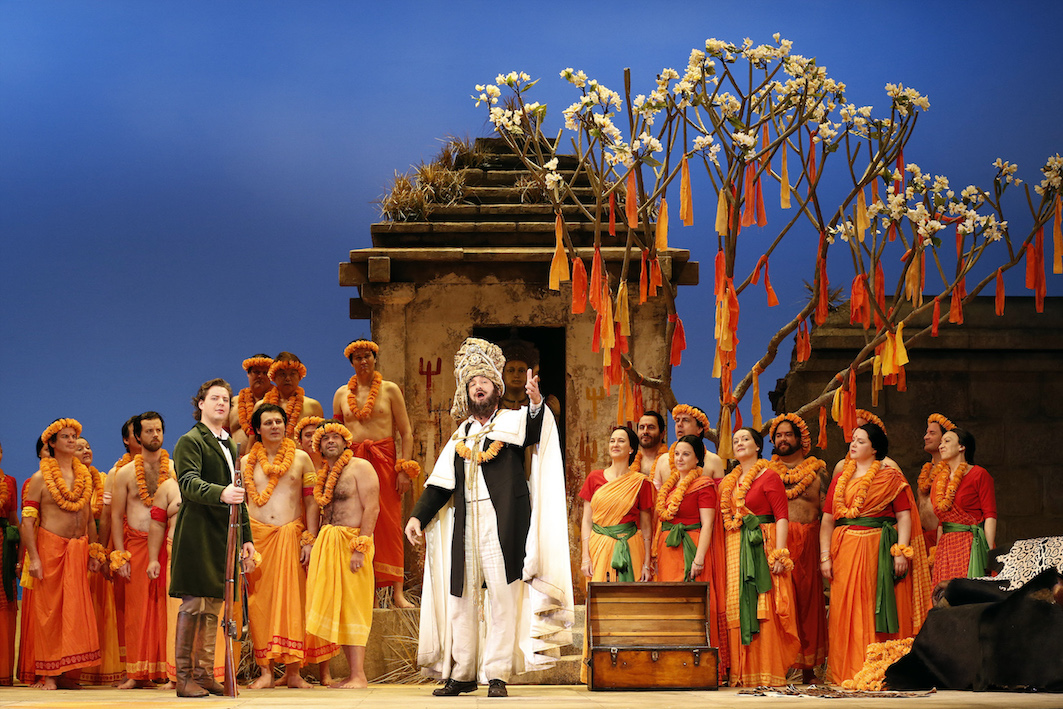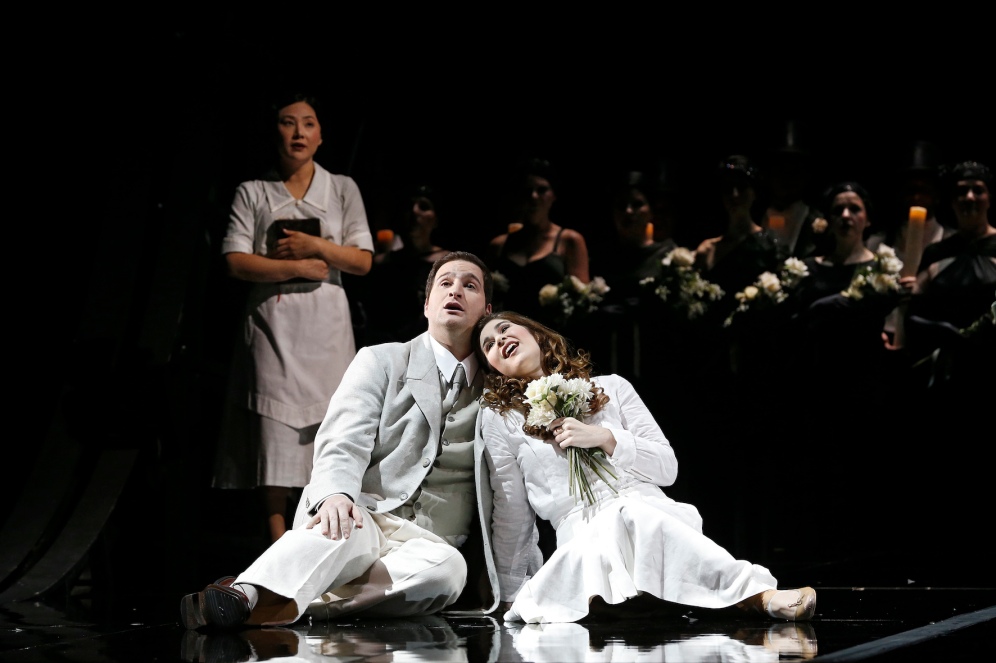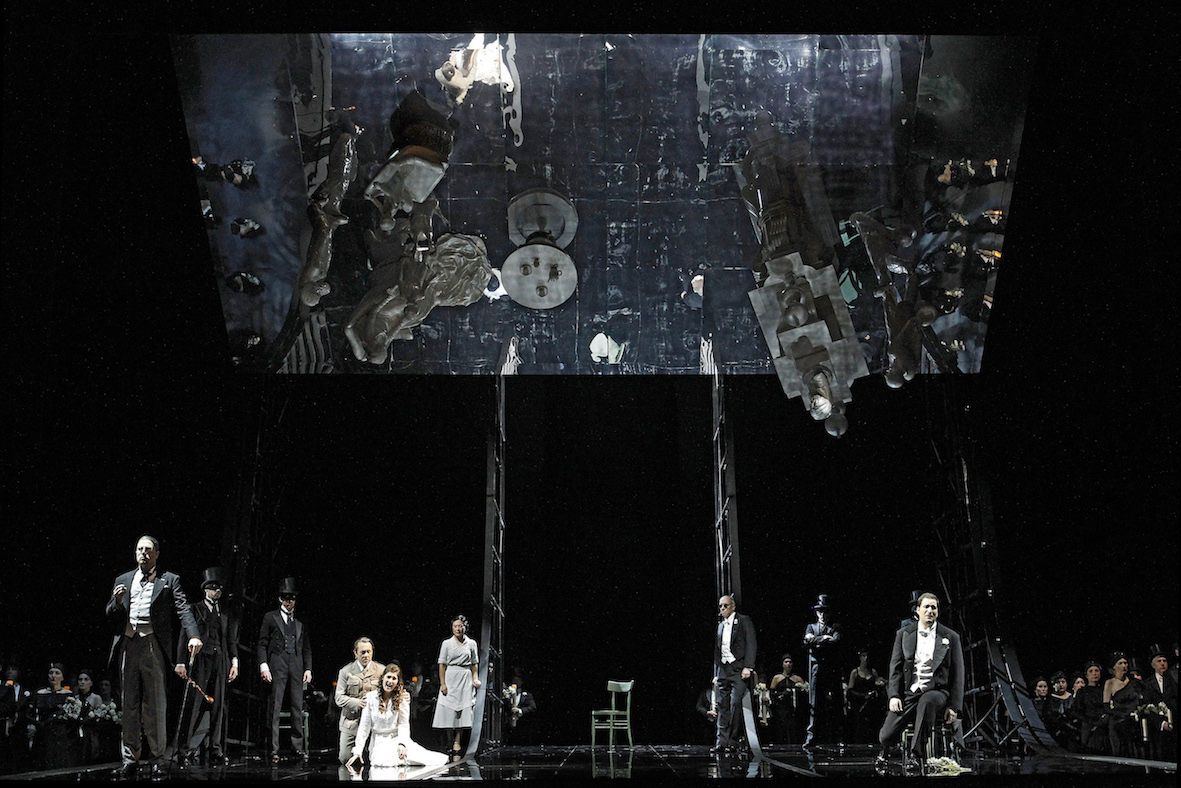The Glass Menagerie (Tennessee Williams) was superbly produced and performed.
Pamela Rabe was, as always, convincing as Amanda, and Rose Riley as Laura was brilliant. Luke Mullins as Tom was completely insightful and authentic.
This was a play where the program was essential reading.Since we don't usually buy a program we were lucky to pick up a discarded copy.
The presentation of the story as a memory of Tom Wingfield's relationship with a family he had forsaken took hold of the watchers and immersed them in a domestic tragedy.

There was plenty of broken glass before the end of the evening, in particular one like this animal
************
The Pearl Fishers (Georges Bizet)

The Pearl Fishers by a young Bizet is another opera with really only one big song (in the depths of the temple), but the melody weaves in throughout the production. Staging seemed to call for a ballet, but none was forthcoming, though the program notes called for us to "listen out for tambourine rhythm in the opening chorus which gives the energy of dance to the music."
Competent singing, easy listening, and a pleasant set- a good night.
************
Luisa Miller (Guiseppi Verdi)
This opera was unknown to us, but we decided on a late booking by the increasing reputation of Nicole Car as Luisa. This too seems to be a memory piece- opening with Luisa's body being called to awake by the mourners:

Nicole's voice and dramatic verve lived up to all the publicity and made for a thrilling evening-one of the most enjoyable operas we have experienced in recent years. The music was lyrical - no memorable big tunes but every chord kept us delighted.

The centre-piece of the set was a white marble-like frieze on a dark floor perhaps portraying the unhappy family and its villainous retainer. The set tipped and rose through 180 degrees, its floor surface flashing blinding reflections of the stage lights as it shifted angles, and overhung upside down for most of the performance. Mystifying- like something out of Alice in Wonderland.


